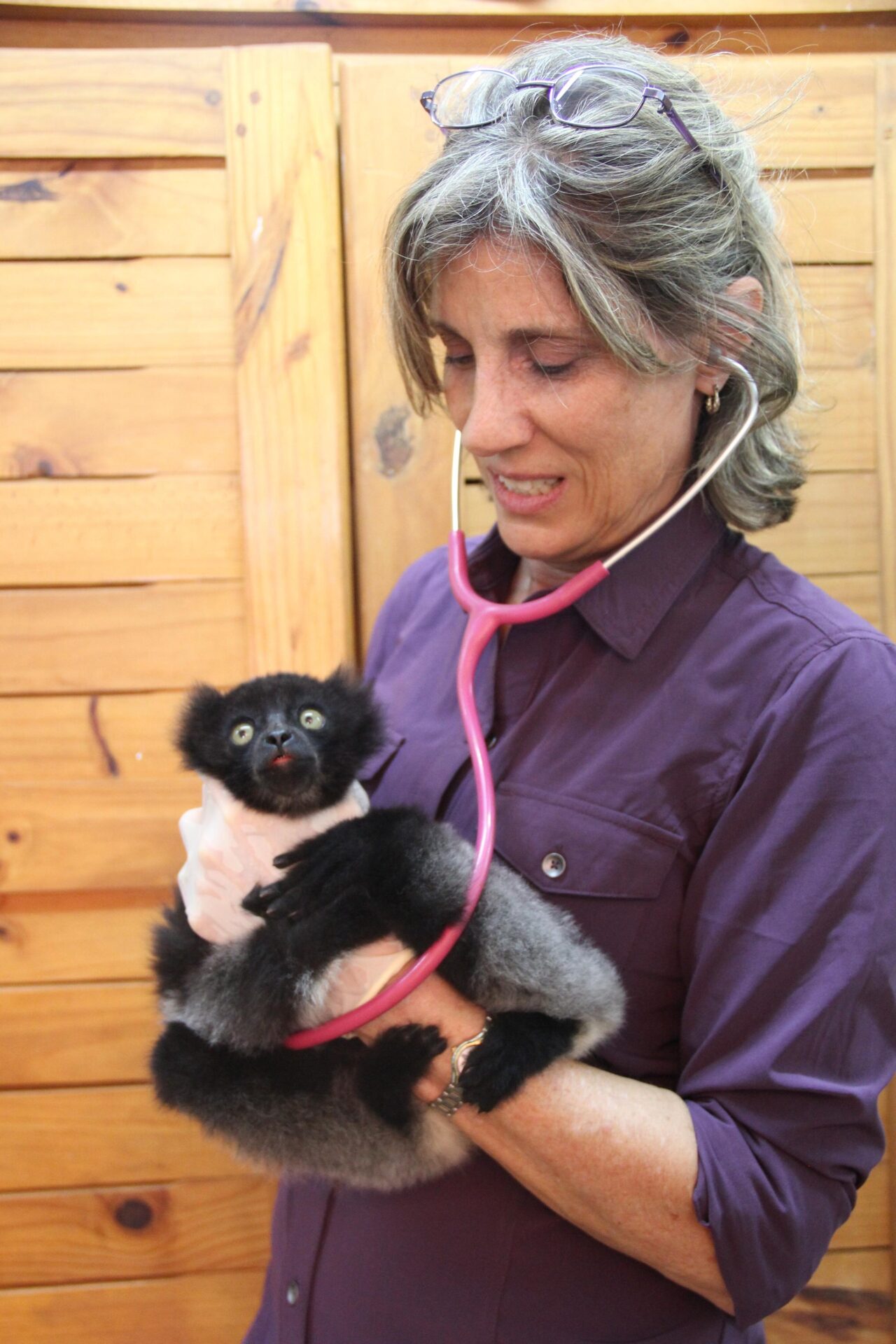Annual sumac harvest for sifakas’ winter diets
Coquerel’s sifakas have extremely sensitive digestive systems and specialized nutritional needs. As a species, they have a reputation of being very delicate and difficult to care for, and the Duke Lemur Center is one of very few places that has succeeded in caring for and breeding them. So much so, in fact, that all sifakas […]


